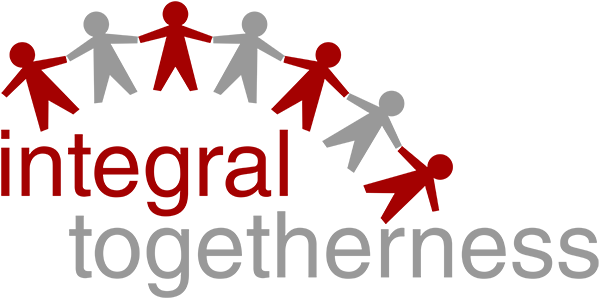Home › Our approaches and tools › for team- and organisational coaching › The solution-oriented approach
The solution-oriented approach
This unconventional approach emerged during the 1980s as a result of work by Steve de Shazer and his work partners.
In particular, they found that what helped their clients to do better often had nothing to do with the supposed cause of their problems and that solutions arrived at were often already in place.
The starting assumptions from which the coach guides his client include the following:
– the place where we are determines what we see and what we don’t see, what comes or does not come into our point of view: changing the place changes everything;
– people construct the worlds that they live in: the language acknowledges and reflects these constructions;
– the solution is not linked to the problem: it is not necessary to know the cause of the problem to resolve it;
– change is inevitable and permanent: a change in one part of the system leads to changes in other parts of the system.
And the method unfolds in several stages:
– deconstruction of the problem
– research on the exceptions to the problem
– the “miracle question”
– evaluation scales
– appreciation of successes
– recommendations
Integral Togetherness draws its skills in this training approach from the American specialist, Bill O’Hanlon.

